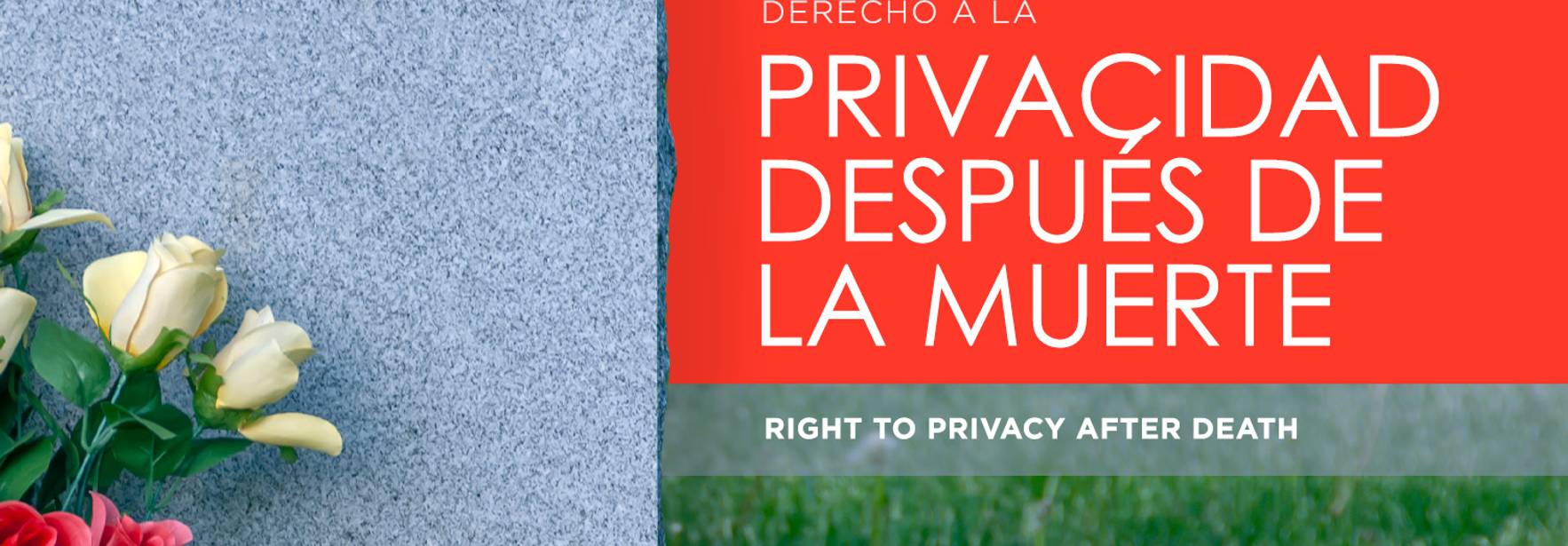New criteria issued in Mexico regarding the right to privacy after death
Recently, the Supreme Court of Justice of the Nation (SCJN) issued two criteria on the right to be forgotten, setting an important precedent in the protection of privacy and personal data in the digital environment.These criteria arose from a lawsuit filed by a civil association regarding the unconstitutionality of Article 1392 Bis of the Civil Code for the Federal District (now Mexico City). The article established the obligation for the executor or special executor of an estate to request the elimination of the testator's personal data contained in public and private electronic records, including images, audio, video, and social media platforms such as Facebook, LinkedIn, and Google, in any internet search method, in order to safeguard the "right to be forgotten" in favor of the testator, when there is express provision in their will, and even in the case of omission of such provision.
The first criterion was published on February 22, 2023, in which the SCJN points out that in Mexico, there is no rule that establishes the content and scope of the right to be forgotten, a term used in European Union law, which is incompatible with the rules of our country because it goes against freedom of expression and the right to free access to information. The SCJN highlights the following incompatibilities:
The Inter-American system of human rights prohibits any type of censorship of freedom of expression; therefore, the right to the protection of personal data cannot be used as a "justification" to prevent or control publications that could be made in the exercise of this constitutional prerogative.
The Constitution of the United Mexican States establishes the presumption that all information that has been made public remains so, to guarantee the right to free access to information.
The second criterion was published on March 10, 2023, in which the SCJN states that the human right to the protection of personal data implies a scope of protection for all individuals with respect to the information that identifies them, so that they may maintain control over its use and disposition, through the ARCO rights (access, rectification, cancellation or opposition).
The criterion points out that the right to the protection of personal data persists even after death, considering the will of the testator, as well as the patrimonial or affective damages that could affect the estate or the interests of the relatives, heirs, and legatees.
The purpose of the theses is to determine the content and scope of the "right to be forgotten" vis-à-vis the right of cancellation established by Mexican law, as well as to extend the scope of this fundamental right even after death, which raises the question of the moment in which the legal personality is extinguished, as well as the subsistence of the rights and obligations of the deceased.
ECIJA Mexico’s Data Privacy Area
